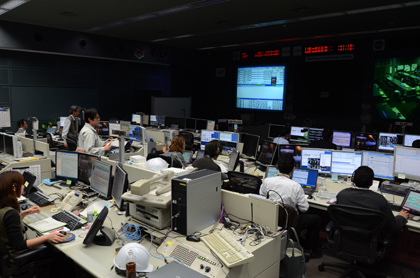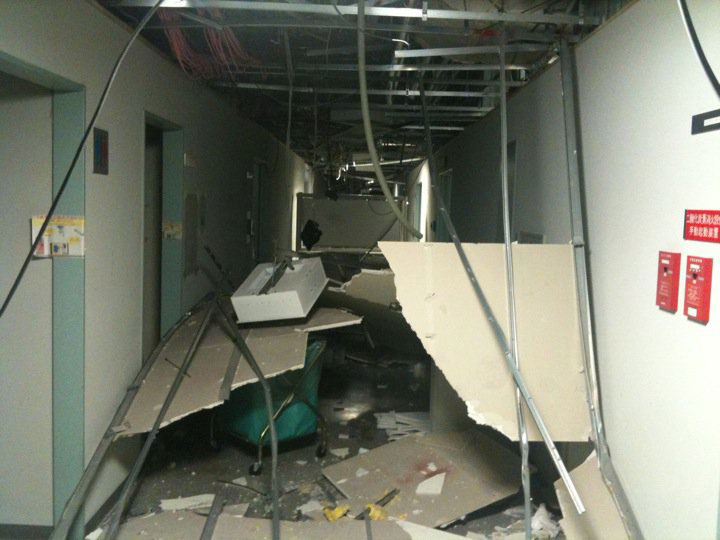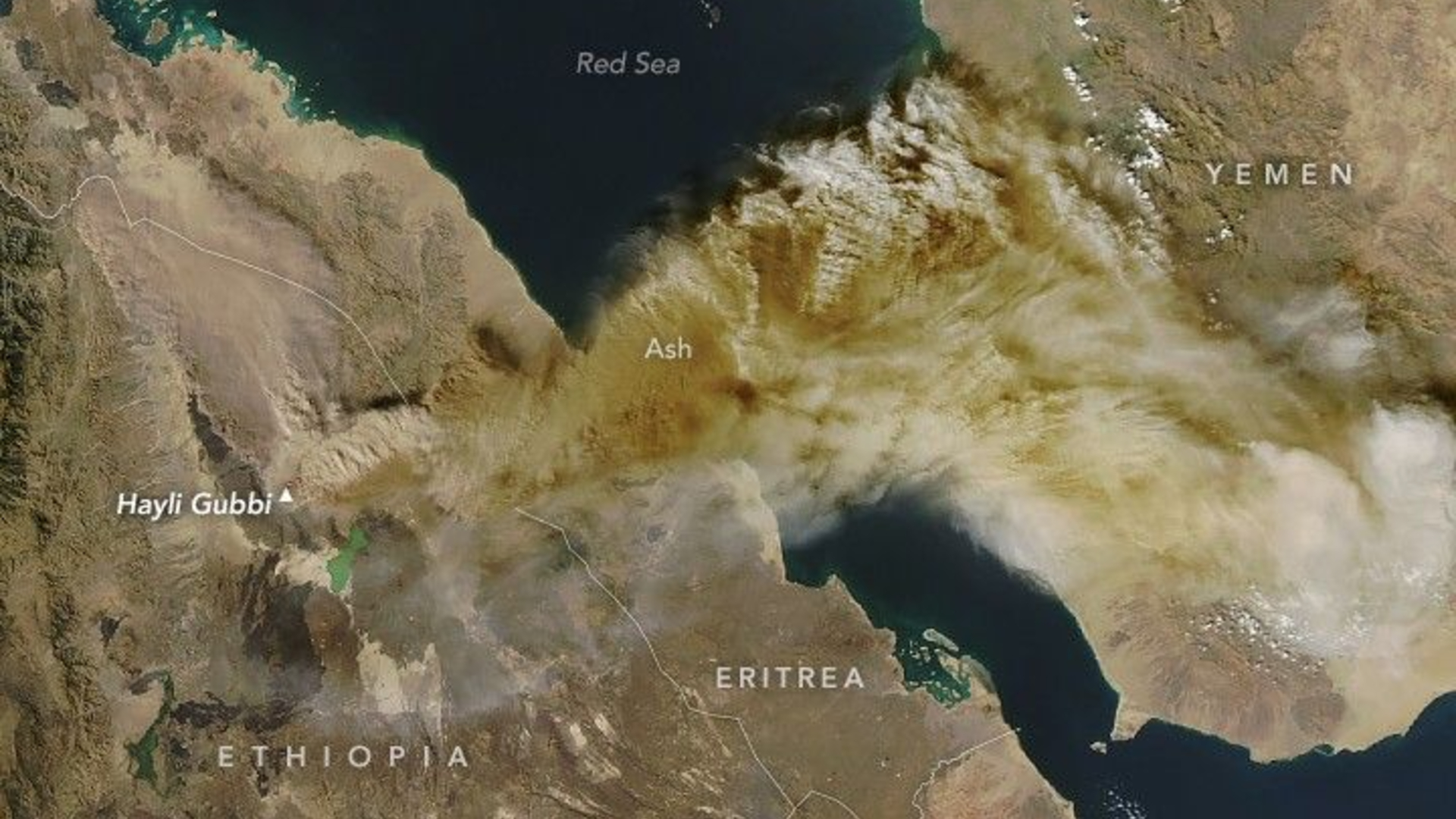Japan Reopens Space Station Control Room After Quake

Japan has reopened its primary mission control center for part of the International Space Station, 11 days after it was damaged by the massive earthquake that struck the country.
JAXA, Japan's space agency, reactivated its Tsukuba Space Center on Tsukuba Island, Japan, on Tuesday Local Time (March 22) following an inspection to ensure the facility is safe for workers. The center is the home of JAXA's mission operations for the Japanese Kibo laboratory on the space station, as well as for the unmanned H-2 Transfer Vehicle (HTV) cargo ships that ferry supplies to the orbiting lab.
The 9.0-magnitude earthquake that struck Japan on March 11 was the strongest ever recorded in the country. It created a huge tsunami that devastated the northeastern coast of Japan and damaged a nuclear power plant. [Video: Earthquake Warning Systems in Space?]
"After a gigantic earthquake in Tohoku and Kanto region, these operations at TKSC were temporarily shut down and handed over to NASA's Mission Control Center in Houston (H-MCC) due to damage and security issues caused by the earthquake," JAXA officials said in a statement. "This week, safety of the ground facilities was confirmed, the ground systems were activated, and the network communications are online again."
During the space center closure, some Japanese flight controllers worked out NASA's space station Mission Control Center to oversee the Kibo module and HTV-2 cargo ship docked at the orbiting lab, NASA officials have said.
The Tsukuba facility's reopening comes at a key time for JAXA. The space agency plans to undock its HTV-2 cargo ship from the space station next week. [Video: Building Japan's Robot Space Cargo Ships]
Astronauts on the space station have been filling the HTV-2 spacecraft with trash and other unneeded items to be disposed of when the cargo ship intentionally destroys itself by burning up in Earth's atmosphere.
Breaking space news, the latest updates on rocket launches, skywatching events and more!
Japan calls its HTV spacecraft Kounotori (Japanese for "White Stork"). The first vehicle in JAXA's robotic cargo ship fleet launched in 2009.
The HTV-2 vehicle launched on Jan. 22 and arrived at the International Space Station five days later. The spacecraft are designed to fly themselves near the space station and be captured by a robotic arm on the orbiting lab controlled by the outpost's crew.
The three astronauts living on the space station plan to undock the HTV-2 craft from the station on March 28. The spacecraft is expected to burn up in Earth's atmosphere on March 29.
You can follow SPACE.com Managing Editor Tariq Malik on Twitter @tariqjmalik. Follow SPACE.com for the latest in space science and exploration news on Twitter @Spacedotcom and on Facebook.

Tariq is the award-winning Editor-in-Chief of Space.com and joined the team in 2001. He covers human spaceflight, as well as skywatching and entertainment. He became Space.com's Editor-in-Chief in 2019. Before joining Space.com, Tariq was a staff reporter for The Los Angeles Times covering education and city beats in La Habra, Fullerton and Huntington Beach. He's a recipient of the 2022 Harry Kolcum Award for excellence in space reporting and the 2025 Space Pioneer Award from the National Space Society. He is an Eagle Scout and Space Camp alum with journalism degrees from the USC and NYU. You can find Tariq at Space.com and as the co-host to the This Week In Space podcast on the TWiT network. To see his latest project, you can follow Tariq on Twitter @tariqjmalik.

